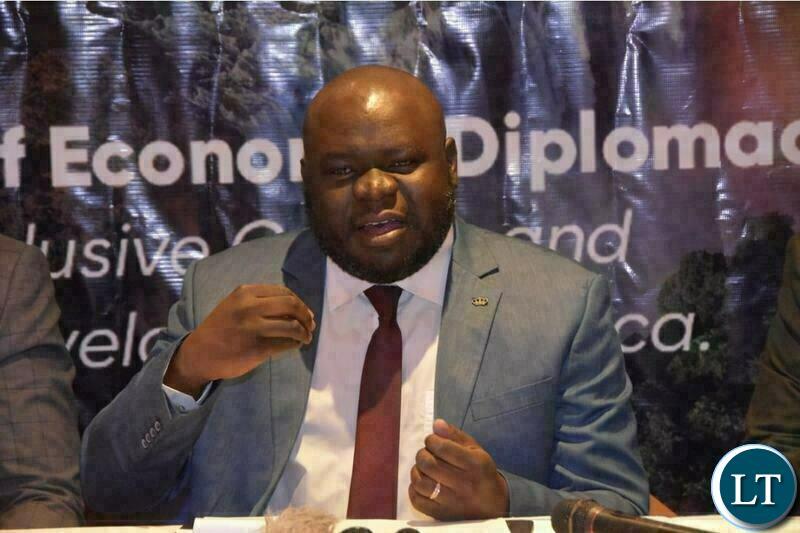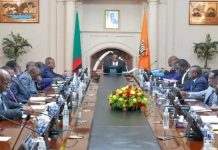
Africa-Press – Zambia. By Lubinda Haabazoka Economics and politics are interconnected. Politics affect economics and economics influences politics. It is therefore not strange to find professional economic bodies like the EAZ amidst politics because the work of economic policy bodies can either help one win an election or lose an election.
The Economics Association of Zambia (EAZ) was founded as the Lusaka Economics Club and converted into EAZ in 1985. The EAZ has been led by notable people in various capacities such as Former President Rupiah Banda, Dr Caleb Fundanga, Dr Bwalya Ng’andu, Mr Akashambatwa Mbikusita Lewanika, Dr Denny Kalyalya, Late Arthur Wina and many others.
The role of EAZ is not to implement policies but to advocate for sound economic policies. EAZ is not an implementer of policies. It’s an advisor. EAZ is also an advocate for sound economic policies.
In order to advocate for policies, the EAZ creates platforms to bring various stakeholders together. That is why EAZ to perform its functions has to organize conferences, workshops, summits and other fora. Without these fora, advocacy is impossible.
The EAZ despite being non-partisan actually influences politics. If the EAZ advocates for a successful policy, then the ruling party benefits from that policy. That is why when a good policy is proposed by the EAZ, opposition political parties become upset because successful implementation of such a policy reduces the opposition’s chances of forming a government. This however should not be the case because the main aim of politics and economic policy advocacy is to improve the livelihoods of citizens.
On the other hand, when EAZ denounces a government policy, the ruling party becomes upset because that reduces their chances of retaining power. There is nothing sinister in what EAZ does because all it does is push for its policies. A clever political party is one that will work closely with the EAZ in shaping its policies. Not only does it benefit from the network of economists the EAZ has, but it is less likely to receive a backlash from policies it proposes because EAZ members would have had an input.
When EAZ supports the government on so many occasions, praise should go to the economic wing of government because it means not only are those policies good, but chances are that the government is also implementing policies proposed by the EAZ membership. EAZ will never condemn its own peer-reviewed policies.
It should be noted that the EAZ together with LAZ, trade unions and other associations and chambers formed the MMD in 1991 when the government then could not listen to their cries. In fact, the first MMD secretariat was at the EAZ offices!!! Most of the policies implemented by MMD then were dictated by LAZ, EAZ, and other associations.
EAZ will not shy away from influencing economics which also has an influence on politics. The main aim is to improve the livelihoods of citizens. On the record, the EAZ has very good working relationships with all stakeholders in Zambia including the chamber of mines.






